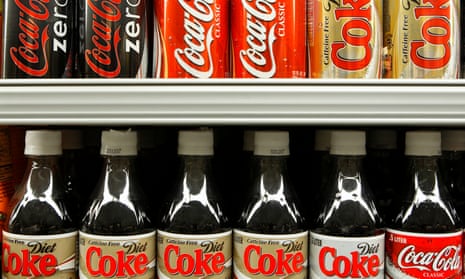A taxing story on Philly’s soda tax
Philadelphia’s seven-year-old soda tax has increased health in the city, but maybe not, according to a story in the Inquirer that omits some important information.

The Inquirer favored the targeted tax (I did not) and this piece by writer Aubrey Whelan reflects this bias.
Let’s start at the top, with a headline that reads, “Philly’s soda tax had an impact on health in the city, new research finds.”
In my reading of the story, the headline should have read, “Philly’s soda tax may have had a small impact ….” Emphasis on may.
Whelan cited the study’s authors, but named only one, who apparently studied the effect of the tax on people three years after its implantation, which was in 2017.
It is 2024. It took four years to analyze the study?
The study focuses on BMI [Body Mass Index], a measure of a person’s body fat. I credit Whelan for full disclosure, because she reports that the American Medical Association does not regard BMI a good predictor of an individual’s health. Despite that caveat, the story cites BMI.
In the third paragraph of her story, Whelan writes that average BMI “is still increasing in Philadelphia,” but “at a slower rate” than control groups outside the city.
“The study found ‘limited evidence’ that BMIs and the prevalence of obesity decreased in the city three years after the implementation of the tax.”
I’ve read that passage until I am cross-eyed and what is says is there is “limited evidence” that people did not get fatter despite the tax.
That contradicts the headline.
The story correctly notes that drinking sugary drinks is associated with weight gain and other conditions such as diabetes. No one ever argued that sugary drinks are good for you, but the story neglected to mention that in addition to sugary drinks, the 1.5-cent per ounce tax also fell on diet soda, which contains no sugar.
The story repeatedly quotes researcher Christina Roberto, without ever reporting an opposing point of view. This is an example of Inquirer blindness I have also found in reporting in immigration and bicycle issues.
Receipts from the tax were to pay for pre-K education, and improvements to parks and community centers.
The last reporting I saw showed that the receipts fell short of cheerful predictions.
The story reports that sales of the affected beverages dropped by half in the years after the tax was instituted.
But consumption was down only a little.
What do those two stats mean?
Many Philadelphians predictably are buying the heavily-taxed beverages outside the city limits.
Duh!
“To me, this policy is a clear no-brainer,” Whelan allows researcher Roberto to say, without contradiction. I agree it is a no-brainer, but not the way she thinks.
Did not this entire story scream for an opposing point of view, from, say, Jeff Brown, owner of the ShopRite, who opposed the tax, and later ran for mayor?
He had predicted loss of sales, loss of revenue, and possibly loss of employees, due to the onerous tax.
Did any of that happen? Inquiring minds are waiting to find out.



